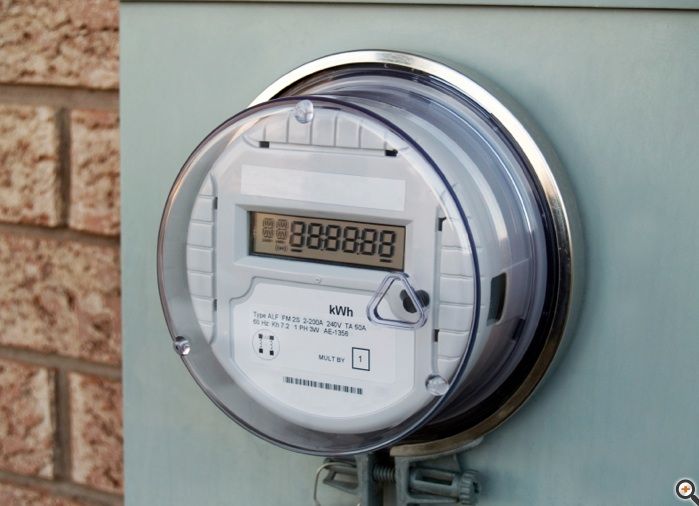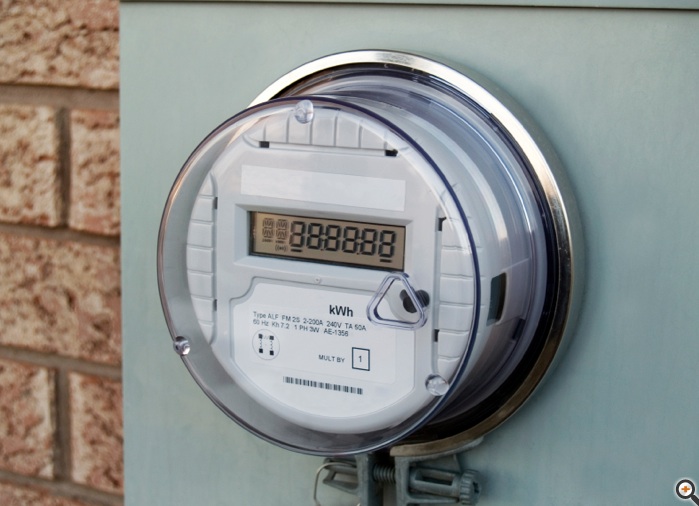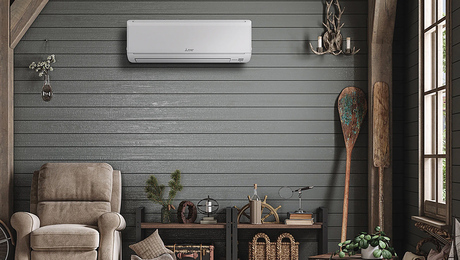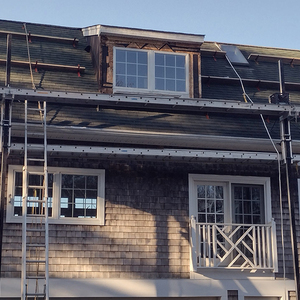
One of the more tenacious consumer groups in the residential energy-management realm has been the stop-smart-meters movement. In fact, there is a nonprofit called Stop Smart Meters!
Based in California, Stop Smart Meters! is one of more than 50 groups and individuals nationwide advocating against utility-installed, wirelessly connected “smart meters.” These folks have been tirelessly calling into question the accuracy and safety of the devices, and have voiced concerns about their vulnerability to security breaches.
Use of the meters, which are designed to allow utilities to monitor energy usage, manage power allocations, and pinpoint outages in real time, has been promoted by the Department of Energy as one of the key features of the smart grid. As GreenBuildingAdvisor noted in February of last year, however, some utility customers say their rates have increased dramatically since smart meters were installed in their homes.
Others cite privacy concerns. “Do you value civil liberties and the right to privacy?” Stop Smart Meters! asks on an information page on its website. “When a ‘smart’ meter is installed, your utility has access to a treasure trove of information about you – when you wake up in the morning, when you go on vacation, what kinds of appliances you are using, etc. They will be able to sell this information to a series of corporations and the government.”
Health risks?
Other smart-meter resisters worry that the meters’ wireless transmissions can be hazardous to people with electromagnetic sensitivity and/or hacked to reveal details about utility customers’ habits and whereabouts.
A recent story posted by SurreyLeader.com, which serves British Columbia, noted that several thousand customers of the approximately 1.8 million served regional utility BC Hydro are resisting smart meter installation, and about 1,000 have called with concerns about exposure to wireless radiation.
The story points out, however, that the smart meters used by BC Hydro send out their data in brief pulses a few times a day, with daily transmission exposure totaling just under a minute at power levels several times lower than that of a cell phone. Nonetheless, whatever the specific concerns of the resisters, BC Hydro has, for the time being, decided to deploy smart meters in areas where customers don’t object.
Regulators proceed cautiously
Even if the number of smart-meter objections is relatively small, customer resistance can seriously slow or delay meter rollouts. The Michigan Public Service Commission, for example, announced on January 12 that it is launching an investigation into the deployment of smart meters by regulated utilities, according to the Detroit Free Press.
And on January 9 opponents of smart meters in central Maine appealed to the Maine Supreme Judicial Court in Portland to overturn a Public Utility Commission’s decision not to investigate claims that the wireless meters pose health, safety and privacy risks, and are an invasion of privacy, according to a story posted by The Forecaster. The regional utility, Central Maine Power, is scheduled to complete the installation of 620,000 meters throughout the state in the first quarter of this year, the story noted.
A hacker risk?
In the long run, smart-meter security vulnerabilities may end up giving meter opponents a bit more traction than health concerns, a recent MSNBC.com story suggested. The article focuses on the research results of Dario Carluccio and Stephan Brinkhaus, who signed up as customers of a German-based smart-meter firm, Discovergy, and were then able to tap into Discovergy meters’ unencrypted transmission data, which allowed them to tell whether homeowners were “home, away or even sleeping, but also what movie they were watching on TV.”
The two men presented their findings on December 30 at the Chaos Computing Congress in Berlin, where Discovergy’s CEO, Nikolaus Starzacher, came on stage and vowed to resolve the security glitches “as quickly as possible.”
Fine Homebuilding Recommended Products
Fine Homebuilding receives a commission for items purchased through links on this site, including Amazon Associates and other affiliate advertising programs.

8067 All-Weather Flashing Tape

Reliable Crimp Connectors

Affordable IR Camera

Though smart meters are seen by the Department of Energy as essential to the efficient operation of the grid, some groups and individuals say the devices – which operate on wireless networks – are inaccurate and, because of their real-time wireless connectivity, unnecessarily intrusive and vulnerable to security lapses.



























View Comments
SMART METER RADIATION
PG&E recently admitted to 10,000 to 190,000 pulsed radiation transmissions per day. This corrects previous false statements repeated often by utility companies across the country and some media.
If we use 25,000 radiation pulses per day as an example and only count the burst time of 2/1000 of a second each, then the total transmission time is about 50 seconds, less than a minute and that is how the utility understates and misrepresents the radiation problem. It would be similar to counting only the detonation time of bombs and then calling a 24-hour city bombing a 50-second bombing as that would be the total detonation time of bombs that exploded every few seconds over a 24 hour period.
The author of this article has NOT been to a laboratory to actually test the non-ionizing radiation emitted by smart meters. There he would have observed the cell damage, DNA chain breaks and breaches in the blood brain barrier from radiation levels considerably lower than emitted by the smart meter.
WIRELESS SMART METERS – 100 TIMES MORE RADIATION THAN CELL PHONES. Video Interview: Nuclear Scientist, Daniel Hirsch, (5 minutes)
http://stopsmartmeters.org/2011/04/20/daniel-hirsch-on-ccsts-fuzzy-math/
It's difficult not to think about so many devices emitting harmful radiation that are normally present in our daily lives. I think one can never be too careful when it comes to trying to avoid EMF radiation as much as possible. I bought a device called http://personalbioprotector.com/ that can be carried around everywhere I go and that reduces EMF radiation to levels of Schuman Resonance.
The quote: "some utility customers say their rates have increased dramatically since smart meters were installed in their homes" points out one of the principle functions of smart metering (as I understand it) which is to assess power costs to users based on their actual usage, not as an average of similar consumer's use.
Customers are also likely to see their electric costs drop if their power consumption falls outside "peak demand" use times. The primary benefit as I see it is that smart meters allow individual users to determine how they spend their electric use dollars.
I admit ignorance on the EMF radiation issue but imagine that when real-world facts are presented the effects will be insignificant in our world of numerous other sources of similar energy emissions.
Try on this scenario. Hackers gain access to the smartmeter transmissions and determine by energy usage nobody's home. What a perfect way to single out homes for a robbery.
I like that I can monitor my usage with the smart meter. I can see spikes and can remedy situations that cause spikes.
I don't like that the smart meters eliminate jobs for humans and if they are dangerous to health than this is obviously bad. They seem like equipment that will have to be replaced sooner than the old style meters.
Not particularly worried about hightech break-ins by criminals monitoring my meter. I think its usually pretty easy to tell if someone is home if you are trying.